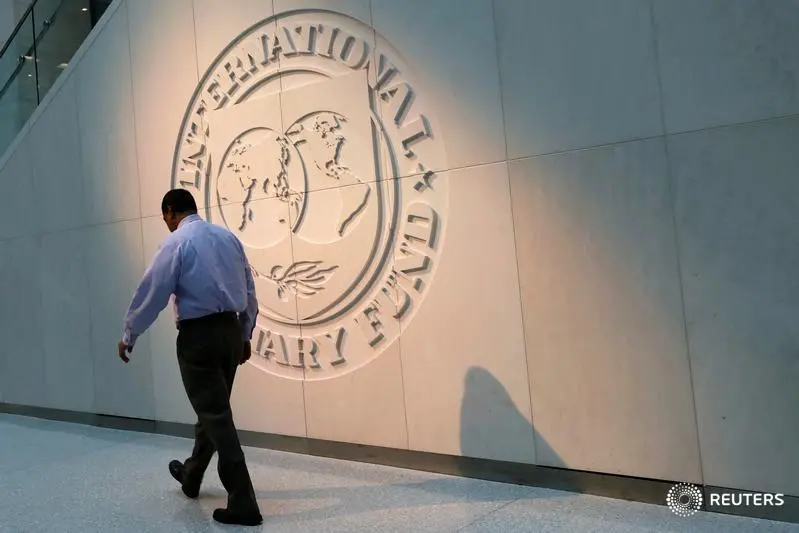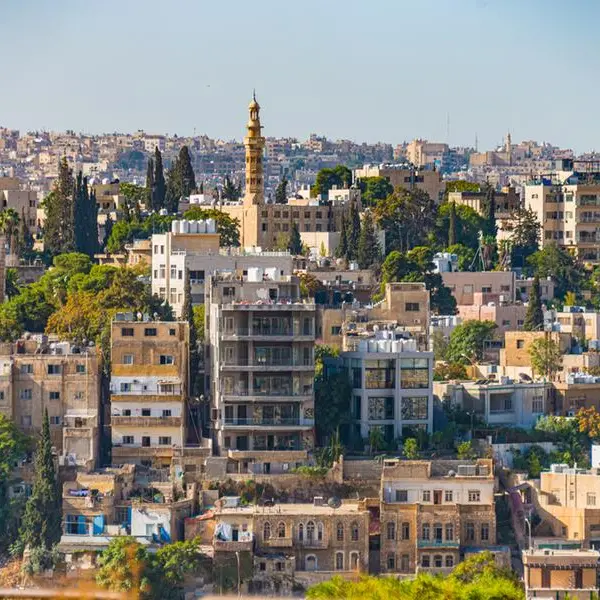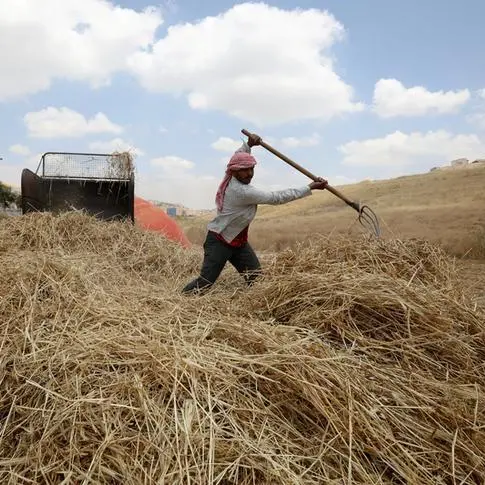PHOTO
Lebanon's progress in implementing reforms crucial to unlocking $3 billion in relief funding remains very slow despite the country's deep economic and social crisis, the International Monetary Fund (IMF) said in a statement on Wednesday.
Lebanon, which defaulted on debt in 2020 and is in dire need of external support, saw a glimmer of hope in April when it agreed to a staff-level agreement with the Fund for the four-year extended facility which would only get full approval if Beirut enacted critical reforms. However, Lebanon went to the polls soon after and further moves to form a government have been stalled by challenges presented by the country's sectarian power-sharing system.
"Despite the urgency for action to address Lebanon's deep economic and social crisis, progress in implementing the reforms agreed under the April (staff-level agreement) remains very slow," said Ramirez Rigo, the head of an IMF delegation that visited Beirut this week.
While the deadlock over reforms continue, Lebanon's GDP has contracted by over 40% since 2018, inflation remains in triple digits, foreign exchange reserves are declining, and the parallel exchange rate has reached LBP38,000/ USD, IMF said.
"Unemployment and poverty are at historically high rates," the Fund added.
The reforms package has met with resistance from Lebanon's various political factions and banks and other interest groups. The political deadlock continued last week with the parliament suspending talks on 2022 budget following a walkout by lawmakers.
(Reporting by Brinda Darasha; editing by Daniel Luiz)




















